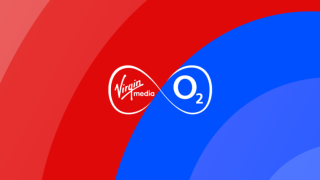The company has set up the new data centres in Berlin, Hamburg, Frankfurt and Munich to reduce latency for multi-player games, said Claudia Nemat, the company’s head of technology and innovation.
But she hinted to Capacity that Deutsche Telekom is rethinking its previous strategy of using Huawei in its central and eastern European network, Pan-Net. When she spoke to Capacity at MWC three years ago Huawei was the preferred supplier.
Speaking at Mobile World Congress (MWC) in Barcelona yesterday, Nemat said that Deutsche Telekom is working with Niantic – the inventor of Pokémon Go – and Samsung on the project. And the German operator has also set up a new company, MobiledgeX, to create open software for mobile edge games and services.
“5G is happening at last,” said Nemat. “As we say in German, ‘Jetzt geht’s endlich los!’”
With Niantic’s new mobile games, “you see your fellow players on the screen”, said Nemat. The first multiplayer mobile game for 5G is a virtual version of dodgeball, she said. “But next, our network will be ready for multiplayer gaming AR [augmented reality]. We’re inviting software developers and game developers to work with us. And we are developing – with Niantic – better features for AI [artificial intelligence] gaming.”
Deutsche Telekom will install 5G networks selectively, she said, suggesting dense traffic junctions, aircraft hangers and factories, for which the company is working on autonomous production services.
Nemat emphasised the importance of security in new networks. A couple of years ago at MWC she said Deutsche Telekom was delighted to be working with Huawei on its Pan-Net pan-European virtualised network that will deliver services in Greece, Poland and other countries.
Is the company still delighted to be working with Huawei, Capacity asked her. “We take security in our network massively seriously,” she told Capacity.
“I believe it’s important to have high security. I will not comment on any specific vendor strategy. We are working on a multi-vendor strategy.” But she avoided reasserting the commitment Deutsche Telekom gave to Huawei three years ago.






